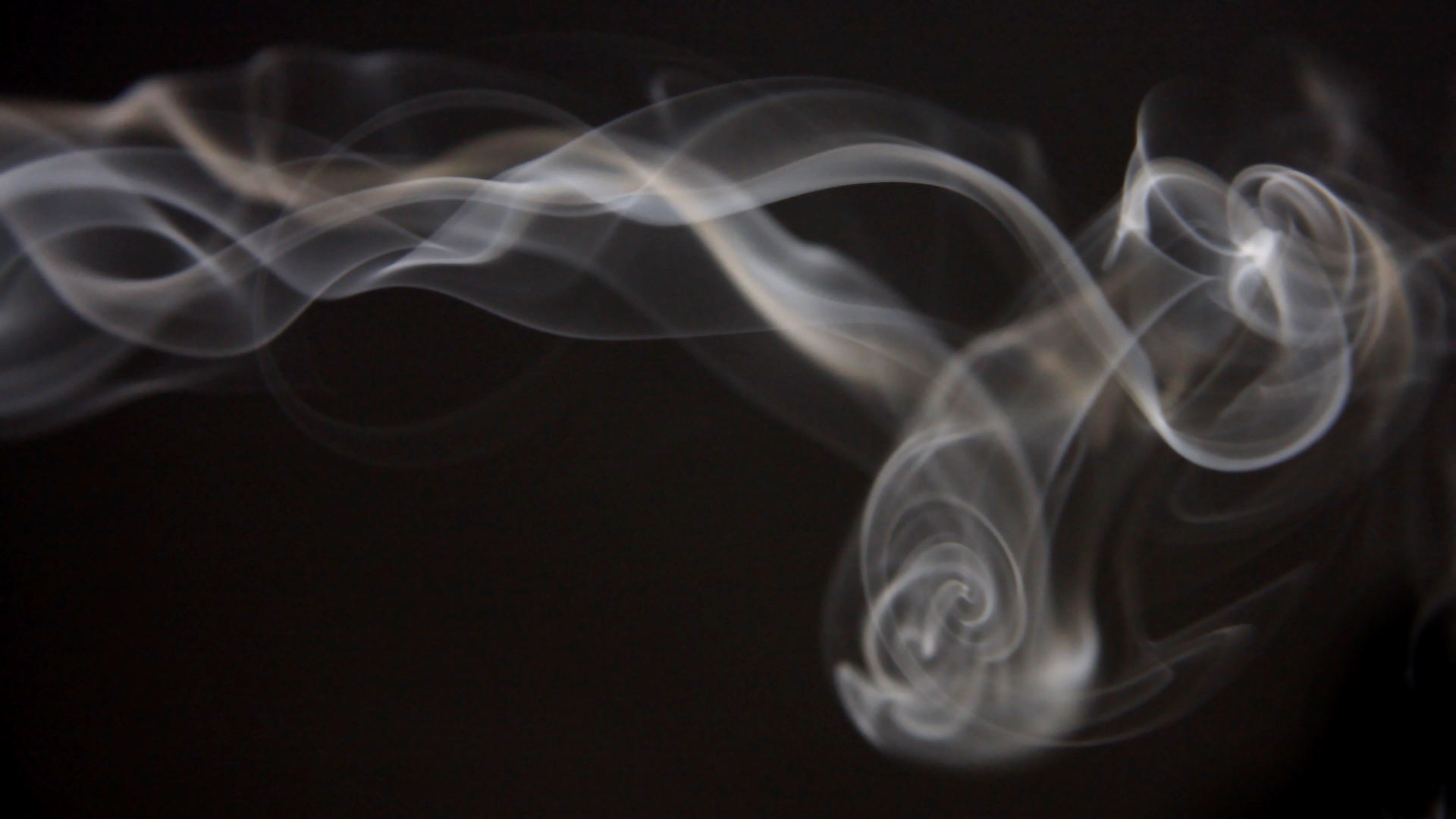Inca Aromas – Alquimia – Priprioca
I received these two sticks from my friend Povilas when we first exchanged incense in mid-2023.
He bought them from a Lithuanian shop called SPALVŲ JŪRA (which translates to something like ‘A Sea of Colours’). The company has both a physical store and a webshop, as well as an Etsy shop, which is, however, more expensive. Currently, a 4-pack of Inca Aromas costs €7 with them (€9 on Etsy), and the burn time is stated as an hour and 30 minutes.
There are also packs with 9 sticks for €14 (price per stick €1.55), with a burn time of around an hour and 50 minutes. Including the bamboo stick, both measure 13cm in length; the burn time difference is due to the different thickness of the sticks. The coating of the sticks in the 4-packs is approximately 7mm in diameter, whereas the ones in the 9-packs measure 9mm in diameter. My samples are from the thicker ones.

The stick with the longer coating even burned for over 2 hours.
Ingredients: Breu-branco (White Breu Copal), Olibanum (Frankincense), coarse salt, and concentrated fragrance oil of Priprioca.
Breu Branco is the resin of Protium heptaphyllum; another name for this resin is Breuzinho. It is harvested in the forests of the Amazon region.
I’d like to mention that some retailers label this resin as Breu Claro. However, as I recently learned, this is quite misleading, as Breu Claro actually refers to rosin in Brazil.
Priprioca is the rhizome of Cyperus articulatus, a sedge. Cyperus rotundus is another variety used as incense, often called Dyje (with various spellings).
In these incense sticks, however, fragrance oils are used. According to an employee at Inca Aroma, their Alquimia and Matrística lines are 95% natural.
Here’s the statement from the email: ‘We use a fragrance to help with the scenting of the Priprioca incense, that’s all, no other additives or chemicals. Our Alquimia and Matrística lines are 95% natural due to the use of these fragrances.’
A real surprise in the ingredient list is the salt. I know that salt is occasionally used as an ingredient in ritual incense, where it has a symbolic value (purification). However, it’s unclear what purpose it might serve in incense sticks, especially since one would expect that the hydrophilic salt might draw in or retain moisture in the sticks, which wouldn’t exactly help with combustibility. However, someone recently mentioned in a chat group, that a bit of salt can be added to slow down the burn.
The sticks are extremely difficult to light. Povilas suggests using a jet-flame lighter, and that indeed seems like a sensible approach. I used a regular lighter, and later a candle, needing at least three tries each time before the stick caught fire. It’s not enough if only a small part of the tip glows; at least two-thirds need to be lit, or the ember will go out again.
Once the sticks do burn properly, Priprioca emits the expected high amount of smoke; yet, as they burn so slowly, it isn’t overwhelming. With open windows, they are perfectly acceptable for indoor use, though they would be equally well-suited for smoke-cleansing a house.
The scent is intensely resinous, and I find the powerful yet fresh character of Breu Branco unmistakably recognisable. I wouldn’t guess that these sticks also contain frankincense.
Regarding the priprioca, I detect a specific, spicy note that definitely aligns with the rhizome’s scent. It often blends slightly with a tart aspect in the resinous scent, which, upon closer inspection, might actually rather come from the frankincense.
There’s also a certain balsamic quality that fits with priprioca as well as with the resins. Perhaps this aspect merges the ingredients, making the composition quite interesting, but also causing them to blur into each other.
The resinous scent is quite dominant, but the longer I use these sticks, the more the priprioca character becomes noticeable. It’s a robust, spicy fragrance that can seem piercing in an interesting way, yet it remains somehow soft and has a weirdly calming depth.
Priprioca is interesting, if only because it’s a fragrance profile that’s rarely encountered. But the scent is also well-crafted. I find the fragrance pleasant, even though resin-based incense sticks aren’t generally my thing.
For those who enjoy resin-based incense, Priprioca is definitely recommended and would likely make a nice addition to their collection. The burn time is also impressive.
Priprioca has been as well reviewed on Incense in The Wind.


Yea, you’re right; that this is my preference these days, but they look so interesting! I’ll absolutely get back to you when I try them.
Nice review! I’ve been wanting to try the Breu-branco since I saw Steve’s review. It seems a little tricky to find in the US, but I have one site bookmarked – hopefully it’ll be in stock when I get around to it.
I’m surprised you are curious about those. I always think of you as someone burning very refined, delicate incenses. Let me know your thoughts once you came around to trying them, please. 🙂
Yea, you’re right; that this is my preference these days, but they look so interesting! I’ll absolutely get back to you when I try them.
Lighting it, is damn tricky isn’t it?
The method I found works best is to apply a flame for a while, then blow, then apply flame, then blow, gradually turning the incense so the whole tip gets lit. Its surprising when blowing to discover that what looks like unlit incense suddenly glows red!
I liked this incense.
I think the frankincense resin is used as a fixative rather than as a fragrance. I did get some frankincense notes, though suspect that was from the white brue resin, as that apparently is similar in scent to frankincense resin, and is known as the “Brazilian Frankincense”.
I communicated with Thiago, the founder of Inca Aromas (and now retired), and he explained that the company was set up when he was involved in an Ayahuasca religion, native to the Brazil region. The name Inca was given in respect to an Ayahuasca deity, Rei Inca, rather than to the ancient Inca people.
We discussed various plants and resins which are used in Ayahuasca religion, and his decisions as to which to use, and which not. Chacrona or caapi is used in the religion, but Thiago decided not to include it in the incense as it has a bitter smell. White brue is used in the religion, but is not central.